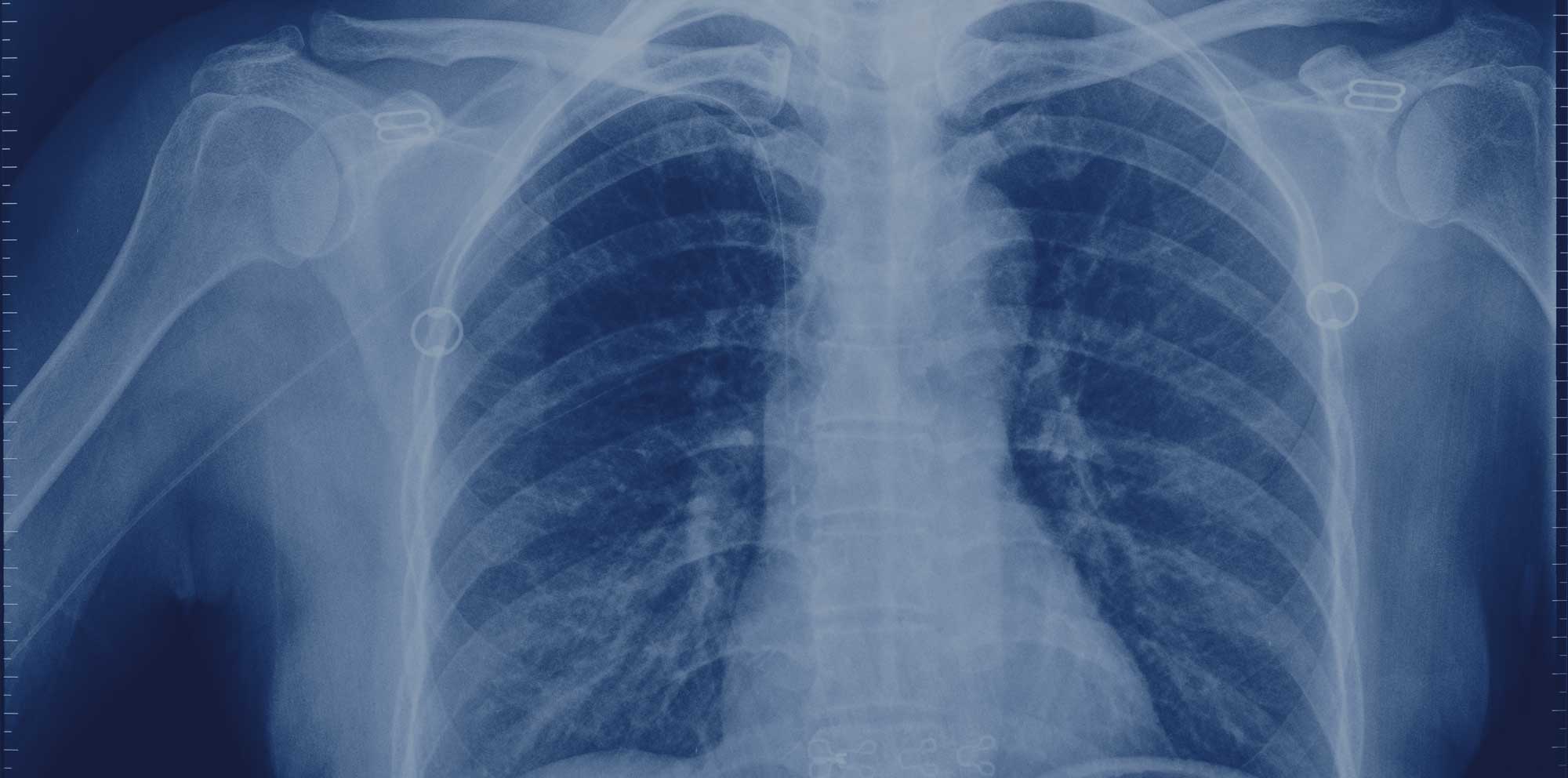Get A Free Legal Consultation
- We fight to maximize your results
- Many clients get results in as few as 90 days
- No out-of-pocket costs for you or your family






Pleural mesothelioma is the most common form of malignant mesothelioma, accounting for approximately 80-85% of all diagnosed cases. This type of cancer forms in the pleura, or the protective lining around the lungs. Early symptoms typically include chest pain and shortness of breath, and patients typically live 12-21 months.
Call (800) 326-8900 now to see if our pleural mesothelioma lawyers can help your family pursue compensation.
Former client LaTanyta Manuel lost her husband Andrew to pleural mesothelioma. Simmons Hanly Conroy helped this mother of three secure financial stability for her family and hold those responsible for her husband’s asbestos exposure and mesothelioma diagnosis accountable.
For decades, Simmons Hanly Conroy has helped many like LaTanyta get the compensation they need after a pleural mesothelioma diagnosis.
Our mesothelioma law firm has secured over $9.7 billion for victims of asbestos exposure. Contact us to see how we can help you.
Pleural mesothelioma is caused by exposure to asbestos. During the 20th century, asbestos was widely used in a number of industries because it was a durable and fire-resistant insulator. By the 1980s, the health risks of the material began to be understood.
When asbestos-containing products are disturbed, microscopic asbestos fibers can break off and become airborne. The fibers can remain in the air for hours or even days, leading to innocent people inhaling or swallowing them.
Once in the body, the fibers cannot break down and may eventually cause serious asbestos-related illnesses, including pleural mesothelioma.




The symptoms of pleural mesothelioma may not develop until 10-50 years after asbestos exposure.
Common pleural mesothelioma symptoms include:
Symptoms may also change or become more serious as the cancer progresses.
Early detection and diagnosis are the best way to improve pleural mesothelioma treatment outcomes.
Once symptoms are detected, it is important to talk with your doctor as soon as possible so they can start the screening and diagnosis process.
Getting an official pleural mesothelioma diagnosis is a multistep process. Doctors will first perform imaging tests such as X-rays and computerized tomography (CT) scans.
If any signs of cancerous cells are visible in imaging tests, doctors will then need to perform a biopsy, which takes either a piece of tissue or fluid to examine in the lab.
A biopsy is the only way to officially confirm a diagnosis of pleural mesothelioma.




Because mesothelioma is unfortunately not detected until it is in its more advanced stages, the prognosis, or expected outlook of the disease, is typically poor.
The average life expectancy of a patient with pleural mesothelioma is 12-21 months. Pleural mesothelioma patients have a 5-year survival rate of 12%.
However, it is important to remember that prognosis is only an estimate and some patients may live past their life expectancy.
Receiving pleural mesothelioma treatment is considered the most effective way to improve mesothelioma prognosis. Once diagnosed, it is incredibly important to find a mesothelioma specialist.
These cancer doctors, or oncologists, understand the unique characteristics of pleural mesothelioma and can provide the best treatment recommendations for your specific case.
If you need help finding a specialist, contact us today. Our on-staff nurses can connect you with a mesothelioma specialist and cancer center near you.
Treatment for pleural mesothelioma includes surgery, chemotherapy, radiation and possibly immunotherapy.
The most common pleural mesothelioma treatment procedures include:
Many doctors may recommend multimodal treatment plans, which combine multiple treatment options — such as following surgery with chemotherapy or immunotherapy to kill any remaining cancer cells.
Unfortunately, pleural mesothelioma treatment is expensive, costing upwards of $400,000. That’s why Simmons Hanly Conroy fights to help victims of pleural mesothelioma afford treatment and spend more time with their loved ones.




As a leading national mesothelioma law firm, our pleural mesothelioma lawyers have been working with victims of the disease and their families for nearly a decade and have become intimately familiar with the questions and concerns patients may have.
Simmons Hanly Conroy has remained dedicated to service, which has helped us recover over $9.7 billion for individuals and families devastated by mesothelioma and other asbestos-related diseases.
For years, asbestos-product manufacturers put people at risk of their dangerous products.
Through mesothelioma lawsuits and asbestos trust fund claims, we hold these companies responsible for their greed and help families find the security they deserve.
If you or a loved one has been diagnosed with pleural mesothelioma, contact us today for a free, no-obligation consultation.
One of the main causes of pleural mesothelioma is exposure to asbestos. People who worked in high-risk asbestos occupations may be at an increased risk of developing mesothelioma and other asbestos-related diseases.
Because pleural mesothelioma develops in the lining of the lungs, symptoms often include:
Other types of mesothelioma may have different symptoms, depending on where the cancer is located.
If you are experiencing these symptoms, contact your doctor as soon as possible to begin the diagnostic process.
Doctors need to perform several tests to officially diagnose mesothelioma.
Pleural mesothelioma diagnostic tests include:
Yes, there are treatment options for pleural mesothelioma that may extend life expectancy and improve symptoms.
Anyone exposed to asbestos and who later developed pleural mesothelioma may be eligible to pursue mesothelioma compensation through an asbestos lawsuit or trust fund claim.
Contact us today to see how we can help you pursue justice.